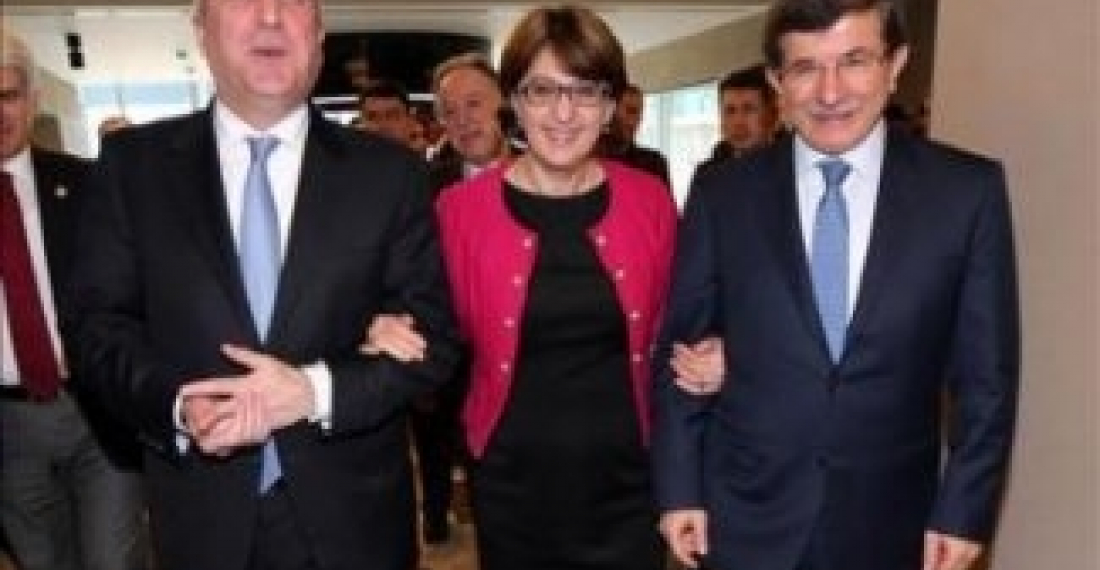БАКУ, 29 мар – 1NEWS.AZ
Министры иностранных дел Азербайджана, Грузии и Турции вновь заявили о необходимости скорейшего мирного разрешения конфликтов в регионе Южного Кавказа.
«Министры подтвердили свою твердую поддержку суверенитета и территориальной целостности трех стран, подчеркнув важность скорейшего мирного урегулирования конфликта вокруг Нагорно-Карабахского региона Азербайджанской Республики, а также конфликта в грузинских регионах Абхазии и Южной Осетии, на основе уважения суверенитета, территориальной целостности и нерушимости международно-признанных границ», - говорится в совместном коммюнике.
Вторая встреча в трехстороннем формате прошла в четверг в грузинском городе Батуми.
В документе также подчеркнута необходимость безопасного возвращения беженцев и внутренне перемещенных лиц в места их проживания, во время которого должно быть уделено внимание достойному отношению к этим людям.
Нагорно-карабахский и грузинский конфликты, разделяющие народы Южного Кавказа, препятствуют и экономической интеграции региона.
Нагорно-карабахский конфликт между Арменией и Азербайджаном остается неразрешенным более 20 лет несмотря на усилия международных посредников. 20 процентов территории Азербайджана, включая Нагорный Карабах и семь прилегающих к нему районов, до сих пор находятся под оккупацией вооруженных сил Армении.
Конфликт в Грузии, разразившийся в августе 2008 года в связи с самопровозглашением независимости грузинскими регионами Абхазии и Южной Осетии, решается в рамках Женевских дискуссий последние 4,5 года.
Елена Остапенко, В.Т.






